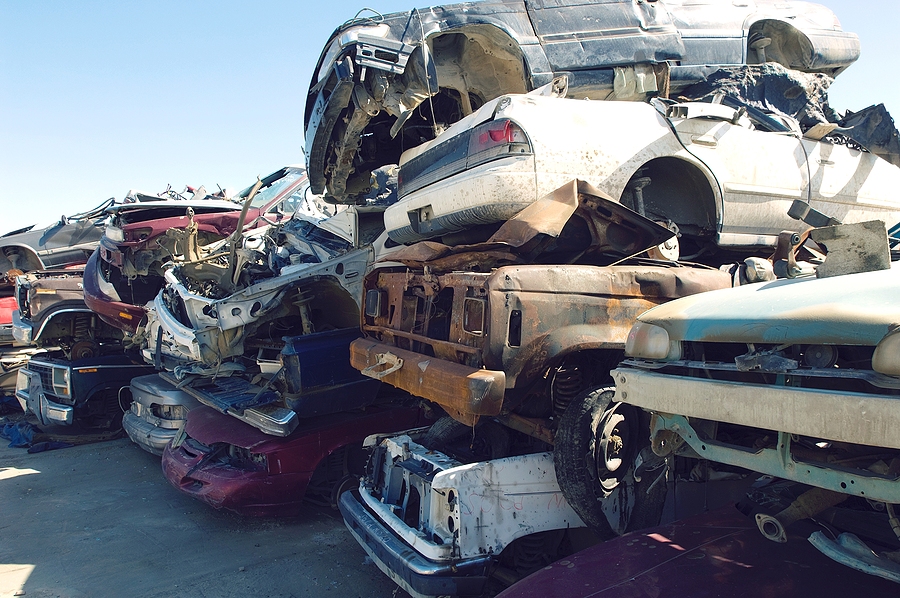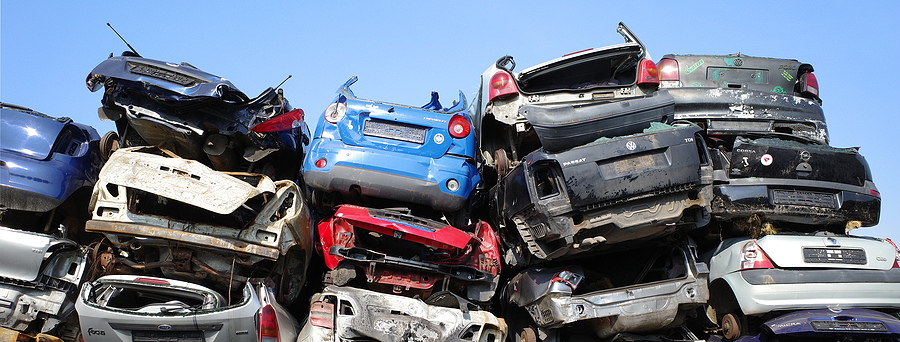The sheer volume of cars on the road is a visible testament to the growth and success of the automotive industry. But this success comes with a hefty environmental price tag. With each new model that rolls off the production line, there is an old one waiting to be retired. The traditional route for these ‘junk’ cars leads to the crushing jaws of a junkyard compactor or a landfill, adding to the global waste crisis.
However, a lesser-known path that is gaining traction is auto recycling, a process that doesn’t just dispose of old vehicles but gives their materials a fresh lease on life. Read on to discover how the junk car recycling industry is driving change toward a cleaner, greener planet.

Understanding Auto Recycling
Automotive recycling, often termed ‘green car disposal,’ is the systematic dismantling of an end-of-life vehicle (ELV) for the purpose of salvaging parts and materials for reuse. This process is pivotal in the effort to manage the environmental impact of the automotive industry. Not only does it offer a sustainable way to dispose of total loss vehicles, but it also ensures that a significant portion of the car can be repurposed, diverting waste from landfills, and preventing the need to mine new resources.
The auto recycling process begins when a vehicle, whether due to accident damage, mechanical failure, or simple obsolescence, reaches the end of its usefulness. It’s then towed to a scrap metal recycling facility where the vehicle is assessed. If the vehicle is still operable, it may be resold intact or dismantled for parts that can be used as spares.
However, most ELVs, also known as total loss vehicles or junk cars, are ultimately stripped down to their nuts and bolts, with the various components being sorted into materials such as metal, glass, plastic, and rubber. Each element is then either melted down for metal reuse, shredded and used as an aggregate in construction, or processed into raw materials for manufacturing.
Benefits of Recycling Cars
Environmental Implications
The environmental benefits of auto recycling are vast. By recycling the steel from a single car, we save enough energy to power a household for over a year. Every ton of steel that is recycled conserves 2,500 pounds of iron ore, 1,400 pounds of coal, and 120 pounds of limestone. Not only does this process save on raw materials, but it also greatly reduces the carbon footprint associated with the creation of new steel. Furthermore, auto recycling helps to lower air and water pollution by providing an alternative to the mining, smelting, and refining processes needed to produce these materials from scratch.
Economic Considerations
The economic incentives for auto recycling are not lost on consumers or the industry. For consumers, the potential to earn money for their old vehicles, whether through resale or scrapping, can be an appealing prospect. Recycling centers often offer cash for cars, especially those with valuable parts or materials. On a larger scale, the recycling industry itself is a major economic powerhouse, providing jobs and contributing to GDP.
Beyond financial benefits, automotive recycling contributes to the cost-effectiveness of car maintenance and repair. By reusing parts recovered from total loss cars, consumers can find spares at a fraction of the cost of new replacements. This affordability factor contributes to the longevity of cars still on the road, delaying their own inevitable trip to the junkyard.
The Role of the Consumer
Engaging with junk car recycling as a consumer is not particularly complicated. For individuals with old or damaged vehicles that are no longer of use, the first step is to research local car scrapping and recycling services. Reputable scrapyards and recycling centers should be able to handle the process from pick-up to paperwork, ensuring that the car is properly recycled without causing undue harm to the environment.
Those looking to make a difference beyond their own vehicles can also consider donating their cars to charitable organizations. Many non-profits accept car donations and work with recycling centers to channel the value of these donations into their charitable works.
It’s also essential for consumers to be discerning in their choice of recycling facilities. Ensuring that the chosen center adheres to environmental regulations and ethical practices is critical. Look for certifications and check reviews from previous clients to guarantee a positive experience with a facility that prioritizes sustainability.
Conclusion
The auto recycling industry stands as a prime example of how a decision to recycle instead of dumping can lead to substantial environmental and economic benefits. By understanding the importance of this practice and actively participating in it, individuals can take a tangible step toward a cleaner, more sustainable future. Every car that is recycled represents a small but vital victory in the broader fight against pollution and waste.
If you’re driving an old clunker or know someone who is, consider the lasting impact you could make by choosing to recycle. It’s time to turn those old wheels into something new and green for our planet. Visit local recycling centers, educate others about the value of auto recycling, and share your experience — the more we spread the word, the more effective our collective efforts will be. Together, we can change the game, one green wheel at a time.
Remember, when your four-wheel friend can no longer run, don’t desert it — recycle it. Contact Zore’s Recycling at 317-244-0700 for professional auto recycling in Indianapolis, Indiana. Not only does our scrap metal recycling center adhere to all local and EPA regulations, but we also pay the most cash in town!
Related Posts:
The Benefits of Auto Recycling
Are You Searching for Auto Recycling in Indianapolis?
How to Recycle Your Junk Car in Indianapolis

